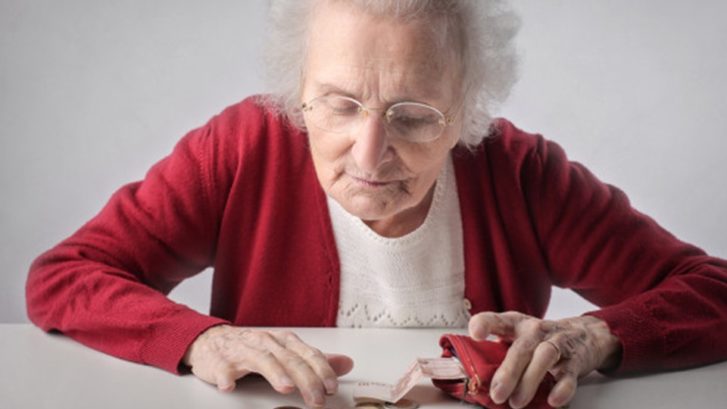First published by ISS Today
The wave of global ageing that has spread across Europe and East Asia is lapping at the shores of countries in the Global South. In the next 25 years, South Africa will be the fourth country – after Mauritius, Seychelles and Cape Verde – in sub-Saharan Africa to become an ageing society. In efforts to eradicate poverty, this increase in demographic dependency can have negative consequences.
By 2045, the share of South Africa’s population that is over 60 (the qualifying age for an older person’s grant) is expected to double, from 8% to 16%. In absolute terms, the number of older adults will increase from about 4.5 million to 10.6 million, growing at an average annual rate of 2.9% compared to 0.6% in the overall population.
Responses to population ageing have differed around the world. Japan is spearheading robotics for elder care, whereas in Eastern and Central Europe responsibility lies more with the family. South Africa will offer one of the first case studies for managing ageing in Africa, and with the benefit of foresight, it is today’s policymakers who can determine whether it will be one to be emulated or avoided.
Population ageing is in its early stages in South Africa, so an examination of the issue still generates more questions than answers; however, several known issues should be considered.
First, ageing creates economic vulnerability. According to the Organisation for Economic Co-operation and Development, South Africans have minimal savings and on average can expect to earn only 16% of their working salaries in retirement, compared to 69.5% in Brazil and 87.4% in India. This means most South Africans will rely on family members’ financial support in retirement or risk falling into poverty.
Second, South Africa’s dual burden of communicable and non-communicable diseases manifests in high levels of unhealthy ageing. There is a reinforcement loop between unhealthy ageing and low incomes in South Africa, and black African women are especially vulnerable to experiencing poverty and having their care needs go unmet in older adulthood.
Third, ageing creates economic risks at a macro level. Population ageing leads to slower economic growth, and as the proportion of older adults rises, so will the size of the economically vulnerable population and demand for social grants. These trends will challenge both the country’s fiscal stability and the dream of ending poverty.
Given the dual relationship between health and income, there is however also an opportunity to make the future of ageing brighter. Since it is an emerging trend, there is time to invest in healthy ageing, which is best supported by enhancing well-being along the life course. The roll-out of a national health scheme, in particular, offers an opportunity to start making routine medical care more forward-thinking.
In addition, demographic pressure in high-income countries is accelerating research into healthy ageing, and resulting technological advances could help bring down its cost. Importantly, South Africa will need to consider whether and how medical technologies that ease the financial and physical costs of ageing will be able to be equitably accessed.
To continue reading this article by Daily Maverick (written by Alanna Markle), published on the 25th of November 2019, click here.
Shire Retirement Properties (Pty) Ltd, offers assistance to Owners and Operators on all aspects of modern, efficient retirement village operations. Click here to speak to one of our consultants.

